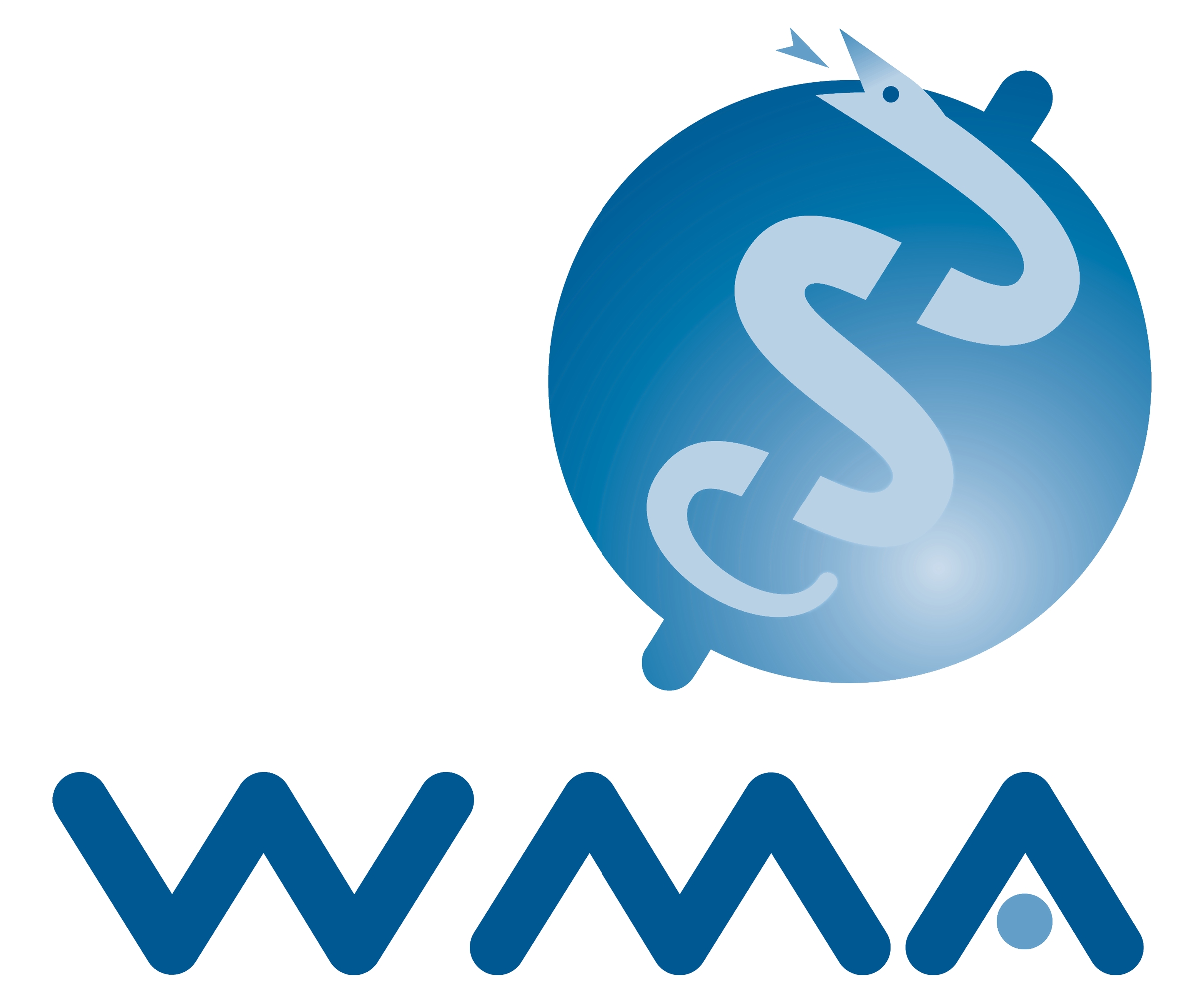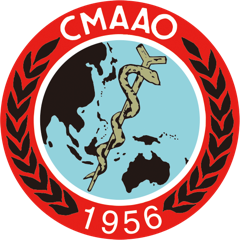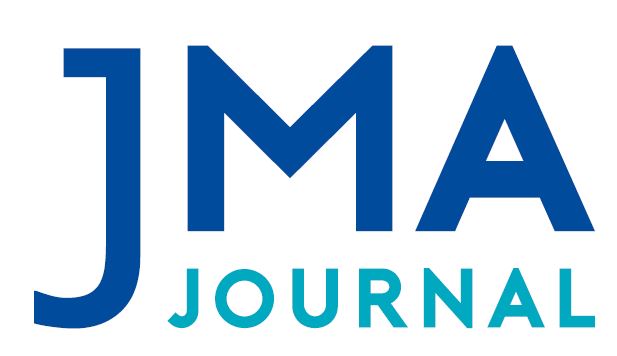ActivitiesInternational Activities
World Medical Association (WMA)

The World Medical Association (WMA) was established in 1947. The purpose of the Association is to serve humanity by striving to achieve the highest international standards in medical education, medical science, medical art, medical ethics, and health care for all people of the world. It currently serves as an international NGO, representing physicians worldwide, and it engages in discussions on topics related to medical ethics and social medicine.
The WMA has played a major role in disseminating more than 200 documents as guidelines for the global medical field, including the WMA Declaration of Geneva on Medical Ethics, the WMA Declaration of Helsinki on Ethical Principles for Medical Research Involving Human Subjects, and the WMA Declaration of Lisbon on the Rights of Patients.
The Japan Medical Association (JMA) became a member of the WMA in 1951. Over the years, the JMA has actively participated in WMA activities, with three WMA Council members. Notable events hosted by the JMA in collaboration with the WMA include the Tokyo General Assembly in 1975 and 2004, the Tokyo Council Session in 1971 and 2014, the Tokyo Expert Meeting on the Revision of the Declaration of Helsinki in 2013, the Health Professional Meeting (H⒛) 2019 in Tokyo, and the Regional Expert Meeting in Pacific on the WMA Declaration of Helsinki in 2023.
Confederation of Medical Associations in Asia and Oceania (CMAAO)

Confederation of Medical Associations in Asia and Oceania (CMAAO) was established in 1956, primarily by the JMA and other medical associations, with the goal of further improving the standard of healthcare for the local population by promoting the exchange of physicians in the Asia-Pacific region, establishing relationships with international organizations, and facilitating the exchange of information.
It currently operates as a federation of regional medical associations of the WMA. The primary objective of the CMAAO is to strengthen the voice of the Asia-Oceania region within the WMA. During the General Assembly, member National Medical Associations report on various issues facing healthcare in the region through symposiums and country reports. The outcomes are adopted and shared as resolutions and are also fed back to the WMA.
The JMA plays a leading role in the activities of the CMAAO, acting as the Secretary General and Secretariat, and actively supports the exchange of information between countries and the revitalization of the organization.
-Takemi International Health Program at the Harvard T.H. Chan School of Public Health-
The Takemi International Health Program at the Harvard T.H. Chan School of Public Health ("Takemi Program") was established in 1983 by Harvard University, in collaboration with the JMA, in honor of Taro Takemi, the past President of the JMA, who advocated for the development and allocation of medical resources and made significant contributions to international health.
This interdisciplinary program focuses primarily on the mobilization, allocation, and management of scarce resources to improve health, and the development of sound strategies for disease control and health promotion.
To date, the program has produced 322 Takemi Fellows from 61 countries, including 68 Japanese Fellows. Its international network has expanded worldwide, with Fellows working at the forefront of international health in universities, public and private research institutes, government health authorities, non-governmental organizations, and international organizations in various countries.
The JMA has supported the Takemi Program since its inception, particularly since 1994 when it established a selection committee to choose and send out two Japanese fellows each year with scholarships. In addition, the JMA has been deeply involved in the management of the program, including annual program visits by JMA officers and meetings with the supervising professors and deans.
JMA Journal


The JMA Journal is an online, PMC indexed journal, and the articles it publishes cover all aspects of medical sciences and healthcare. We invite submissions from medical researchers and other healthcare professionals in Japan and abroad on a wide range of topics, including healthcare policy and opinion. As an open-access journal, the full text is published on the JMA Journal website and can be downloaded free of charge. There are currently no submission or publication fees.
Recognizing the importance of medical exchange with Asian countries and other foreign countries, the Japan Medical Association launched the Asian Medical Journal (AMJ) in 1958 with the aim of introducing healthcare in Japan and promoting the policies and activities of the JMA overseas.
In 2001, the name was changed to "JMAJ (Japan Medical Association Journal)", and in 2014, the journal was converted to an electronic version. In the meantime, medical science and healthcare have advanced, and the environment surrounding healthcare has undergone remarkable changes, with the development of IT and AI forcing major reforms in various aspects of society. The JMA has decided to cease publication of the journal in December 2016.
The JMA reconsidered the role of the medium for information dissemination, and on September 28, 2018, in cooperation with the Japanese Association of Medical Sciences, the JMA launched the "JMA Journal," a comprehensive English-language medical journal, as a new international information dissemination platform.



